How To Become A Certified Aromatherapist? Detailed Guide On How To
Level Yourself Up in the World of Aromatherapy
In this article we dive into how to become a certified aromatherapist. At a Lyon laboratory in 1910, a studious chemist frantically grabbed a liquid and poured it onto his scorched hands. One of his experiments had ended up in literal smoke as an explosion had ensued. In a few days, Rene-Maurice Gattefosse was astonished to realize that his hands were healing much better than anticipated. This eye-opening moment in history uncovered the therapeutic abilities of lavender oil, which was the liquid used by Gattefosse after the explosion. The industrious French chemist dug deeper into essential oils and by 1935, he had successfully coined the term ‘aromatherapy’.

There is clear evidence to show that the use of aromatic plants and extracts therein dated back to ancient times. The Ancient Egyptians were especially partial to using fragrant plants in their embalming rituals while the Chinese have used aromatic herbs for medicinal purposes for over 3000 years. Even the Bible features several references to aromatherapy, with one of the most famous being when sick people were anointed with oil.
The Golden Age of aromatherapy that began in the 1900s was characterized by an incessant quest for knowledge as more scientists entered the pioneering field in search of understanding. Aromatherapy has come a long way, and many have found passion in the artful practice. In this respect, a host of eager learners all over the world are seeking to become certified aromatherapists.
What Is A Certified Aromatherapist?
A certified aromatherapist is an individual who has successfully completed a training program in aromatherapy and has been duly recognized by a professional organization. In order to become certified, one must have a thorough understanding of the chemistry of essential oils and the physiology of the human body. Aromatherapists use this knowledge to safely and effectively treat their clients with aromatic preparations.
Why Should You Become A Certified Aromatherapist?
The main reason why you should become certified is because it will allow you to practice aromatherapy professionally. When you are certified, you will be able to work in a variety of settings such as spas, salons, hospitals, clinics, and even in your own home business. In addition, being certified shows that you are a competent and knowledgeable practitioner who is able to provide quality care to your clients.
Becoming certified will also give you access to a variety of resources that can help you in your practice. These resources include professional organizations, aromatherapy journals, and other publications. You will also be able to network with other aromatherapists, which can be valuable in terms of sharing information and ideas.
Finally, becoming certified will simply make you a better aromatherapist. The process of studying for and taking the certification exam will force you to really learn and understand the material, which will in turn make you a more skilled practitioner.
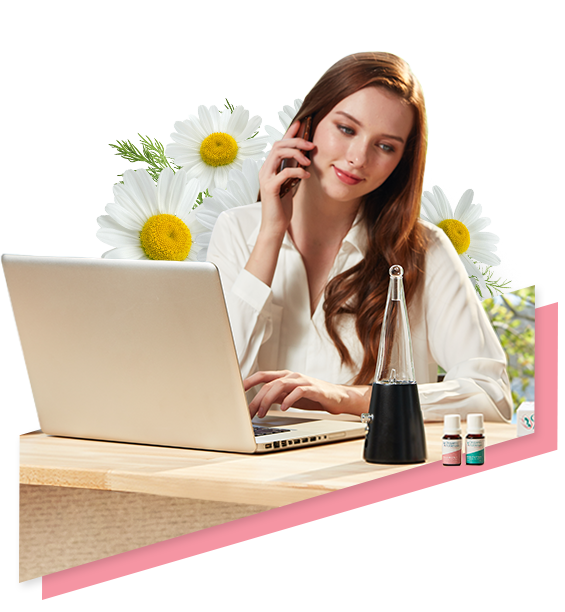
Join Our Exclusive Member Club to get Big Discounts!
Q&A Interview With Julie Fischer (RN CAHP RRPr COHN(c)) – Becoming A Certified Aromatherapist
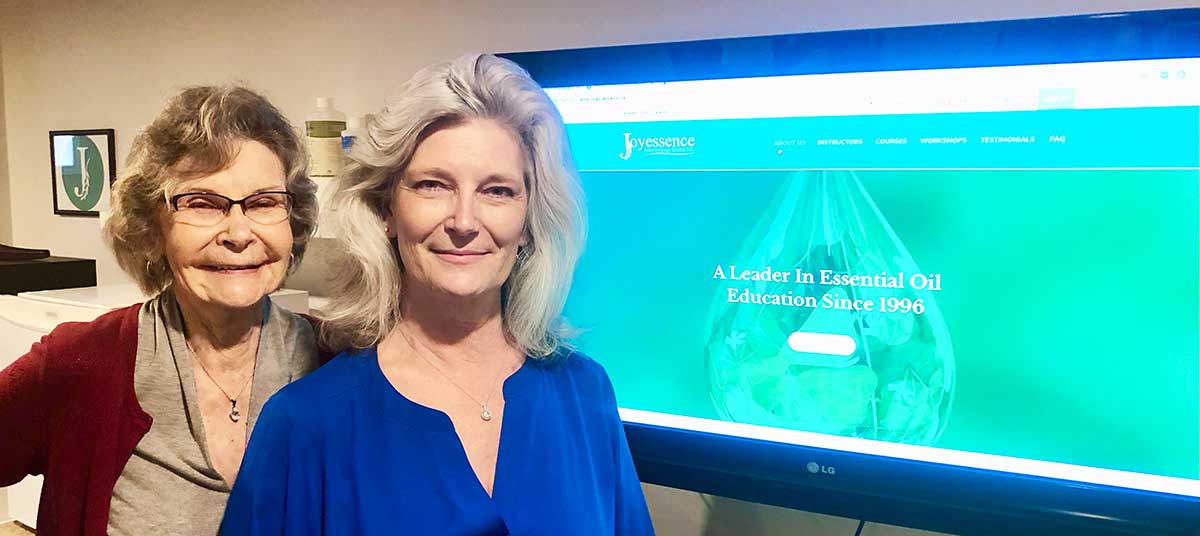
How to Become a Certified Aromatherapist
We spoke to our good friend Ms. Julie Fischer, a professional aromatherapy trainer at Joyessence Aromatherapy Centre Inc. for over 20 years.
Julie Fischer is a Registered Nurse, Certified Occupational Health Nurse, and Clinical Educator. Julie took her aromatherapy training at Joyessence in 2004, after experiencing the healing effects of essential oils firsthand when antibiotics alone weren’t working to treat a bout of pneumonia. As Wellness coordinator at a large hospital Julie introduced aromatherapy to hospital staff as part of their Wellness program. She was the recipient of the Trillium Nursing Practice Award in 2015 and has been a guest speaker at wellness conferences across Canada. Julie served as the Director of Education for the Canadian Federation of Aromatherapists from 2017-2019 and is currently a member of their Education Committee. As a health and Safety professional Julie is dedicated to the safe and effective use of essential oils for physical, mental, emotional, and spiritual application.
Organic Aromas: Since 1996, your school has been training people in aromatherapy offering approved certification. Please tell us why your family ventured into this field
Julie: Aromatherapy practice and teaching naturally found my mom, Joy. Back in 1984, she was working as a massage therapist at a wellness Spa where she was first introduced to essential oils. It was not long before she noticed the results with aroma massage exceeded the benefits of regular massage.
Since then, essential oils became an integral part of her practice, led her to start a business in the field, and they were also a staple in our families first aid kit. In 1986, my mom made me pregnancy blends using mandarin, geranium & sandalwood essential oils to help deal with the side effects, including stretch marks, and I was pleasantly surprised to see my daughter had been born with perfect skin, which I attribute still to this day to the oils. However, for me, it wasn’t until 1989 when I had pneumonia that I experienced their true potential firsthand.
Although, I had enjoyed the aroma and use of the oils, as a nurse, I was still skeptical of their therapeutic properties. However, after 2 failed rounds of antibiotics and having lost 20 lbs, I found myself unable to get out of bed to look after my daughter and I called my mom in desperation. She quickly came to Toronto to visit me and with her essential oil first aid kit to treat me. Within a few days I was out of bed and able to resume care of my family thanks to daily massages with a blend that included lavender and frankincense. The immediate benefit the essential oils had were undeniably remarkable.
Interest from clients and fellow massage therapists lead my mom to begin teaching workshops and then after joining the Canadian Federation of Aromatherapists (CFA) Joyessence was created in 1996. I completed my training with Joyessence in 2000 and introduced aromatherapy to the hospital where I worked as part of our wellness program for the staff in 2004. As an occupational health nurse and clinical educator my transition from the hospital to Joyessence was a natural fit.
Organic Aromas: What does it mean to become a certified aromatherapist? What sets them apart from other practitioners of aromatherapy who do not have formal training?
Julie: To become a certified aromatherapist, students must complete a minimum of 400 hours of training. At Joyessence, our coursework covers essential oil chemistry, application methods and uses including how to formulate products, contraindications, anatomy, physiology, and pathology. The curriculum follows standards that have been set by international associations (CFA/NAHA/IFA/CAOA) of which Joyessence has long standing accreditation to. Keeping association standards, ensure that graduates maintain a high level of professionalism and integrity in their business endeavors.
Joyessence graduates therefore benefit from having an in-depth understanding of essential oils, their therapeutic properties, and safe uses and how they can be used in a variety of settings. Without the research and empirical evidence provided in accredited courses, untrained individuals using essential oils can cause harm to themselves or others, which would be akin to self-medicating without a prescription.
Organic Aromas: Can anyone enroll in your courses to get certification?
Julie: Yes, we have students from all over the world take our course and we benefit from their regional insights that come through their coursework. We have pharmacists, naturopaths, nurses, massage therapists, beauty experts, and people of all backgrounds who train with us.
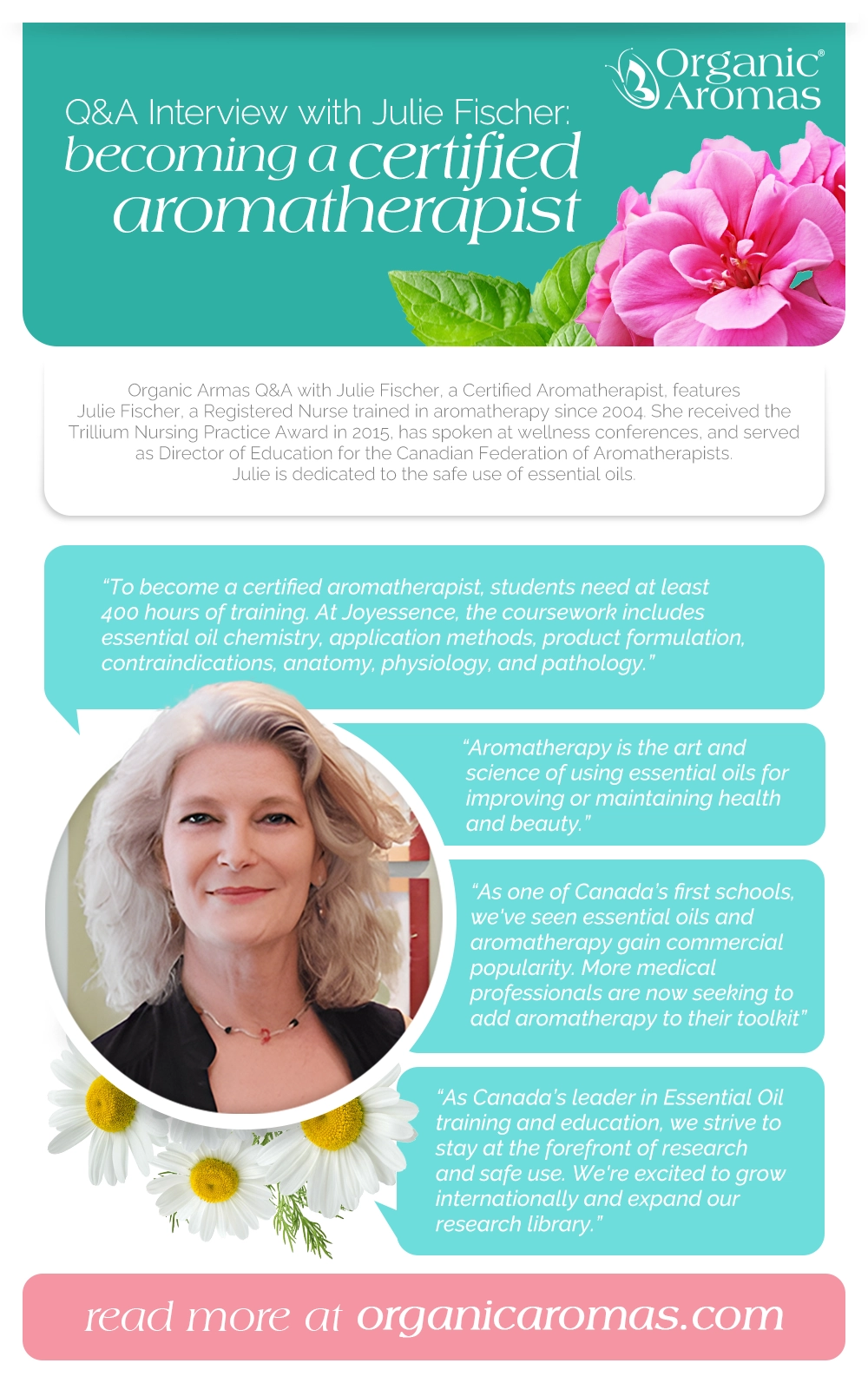
Organic Aromas: What are the basic educational requirements?
Julie: While there are no educational requirements for students to study aromatherapy, having the desire to help others has been a key asset in the success of our students.
Organic Aromas: In your years of experience in the area of aromatherapy training, do people have a bigger appetite for aromatherapy knowledge?
Julie: Absolutely. We are fortunate to be one of Canada’s first schools, and essential oils and aromatherapy have gained momentum and have become more popular commercially. We have seen an increase in the number of medical professionals wanting to add aromatherapy to their professional tool kits.
Organic Aromas: Compared to when you first started, has the topic ‘aromatherapy’ been demystified enough?
Julie: Aromatherapy is the art and science of using essential oils for improving or maintaining health and beauty. We continue to advocate the need for training and what aromatherapy is used for, however, the term “aromatherapy” is often misused and misrepresented by marketers of various products in the mainstream market.
Organic Aromas: Talk to us about the courses you offer at your school and how people can find you (online and offline).
Julie: That’s a great question! I would say, our most popular aromatherapy course is our certification training. It consists of Module 1: Materia Aromatica & Module 2: Anatomy & Physiology which can be done online, but we still have one-on-one sessions with students. The advantage of online education is that you can set your own schedule and pace from the comfort of your home. Our student-focused model of learning means we are here for our students every step of the way. Our certification training includes an interactive learning tool, Quizlet, with over 100 study sets to enhance our students learning experience. We are pleased to be the only school that has a research library, but also host webinars, mini courses, and presentations with our students on an array of topics. More information on our courses can be found on our website: www.joyessence.on.ca
Organic Aromas: As a respected/notable international aromatherapy training centre, what are your future plans?
Julie: As Canada’s leader in Essential Oil training and education, we are always working to stay at the cutting edge of research and the safe use of Essential Oils. We look forward to continued growth internationally and expanding our research library.
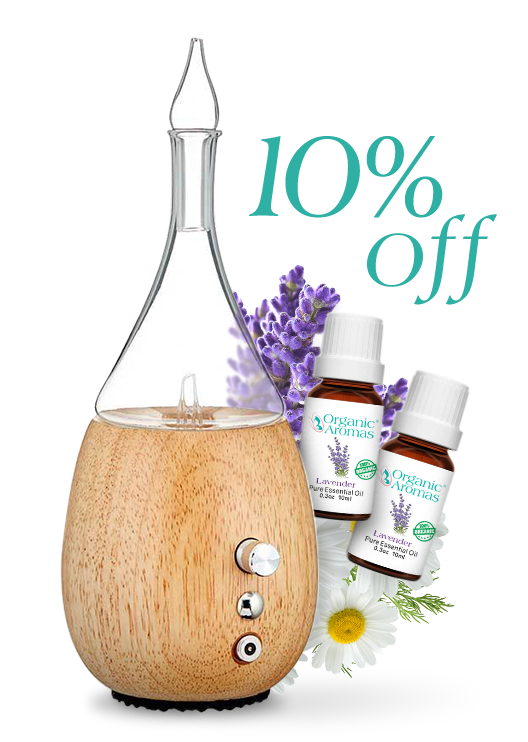
Join Now and Get a Coupon for 10% Off!
The Organic Aromas Aromatherapy Scholarship And Courses

Organic Aromas has over the years made the dreams of eager learners come true by offering aromatherapy scholarships. If you have a love or interest for this practice, do not hesitate to apply. Get trained by the best instructors in aromatherapy and become a certified professional, for details, visit https://organicaromas.com/pages/the-organic-aromas-aromatherapy-scholarship/
Aromatherapy Courses
If you are not sure where to begin, to become a certified aromatherapist, worry no more. In partnership with Joyessence, we have awesome aromatherapy courses for you no matter where you are in the world. Our aromatherapy courses are highly affordable and meet the requisite standards for quality. To learn more about the courses, visit Our Courses
Conclusion
When you become a certified aromatherapist, you will have the perfect opportunity to express your art fully and bring much needed holistic wellness to people. Aromatherapy is rewarding in more ways than one. It gives you a chance to influence and make an impact, one client at a time. Aromatherapy affords you the chance to showcase the therapeutic potential that nature has bestowed on humanity. Ultimately, it is all about healing and beauty. As Robert Tisserand puts it, “Aromatherapy conveys the concept of healing with aromatic substances.”
-
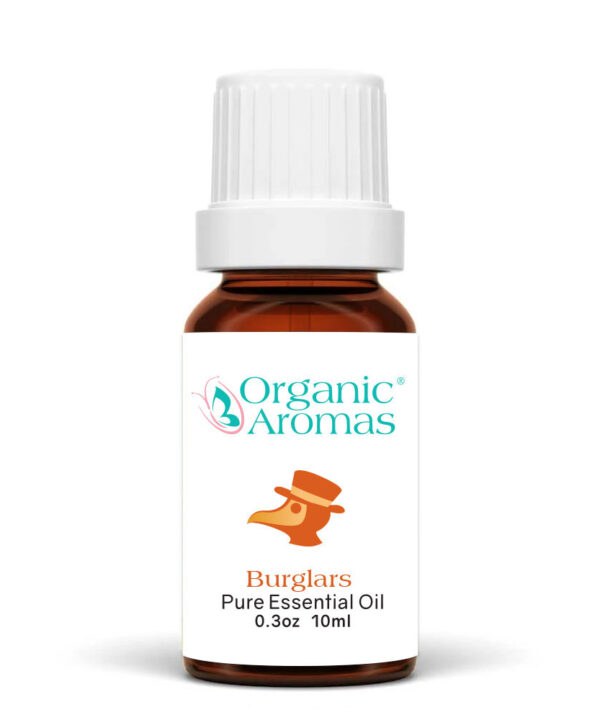 Burglars Blend$18.00 – $72.00 — or subscribe and save up to 25%
Burglars Blend$18.00 – $72.00 — or subscribe and save up to 25% -
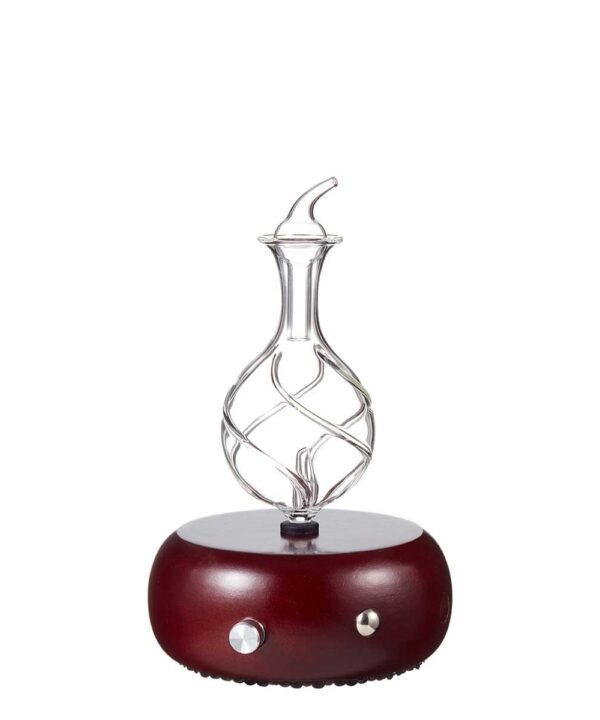
-
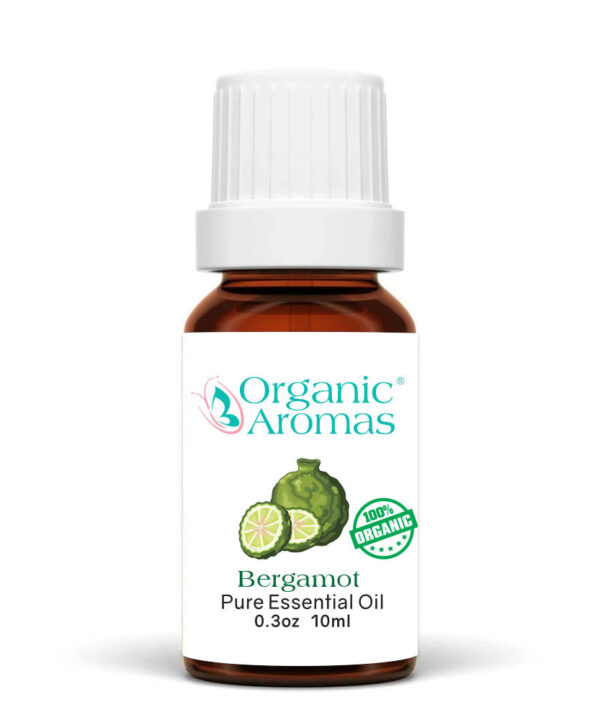 Bergamot 100% Pure Organic$22.00 – $88.00 — or subscribe and save up to 25%
Bergamot 100% Pure Organic$22.00 – $88.00 — or subscribe and save up to 25% -
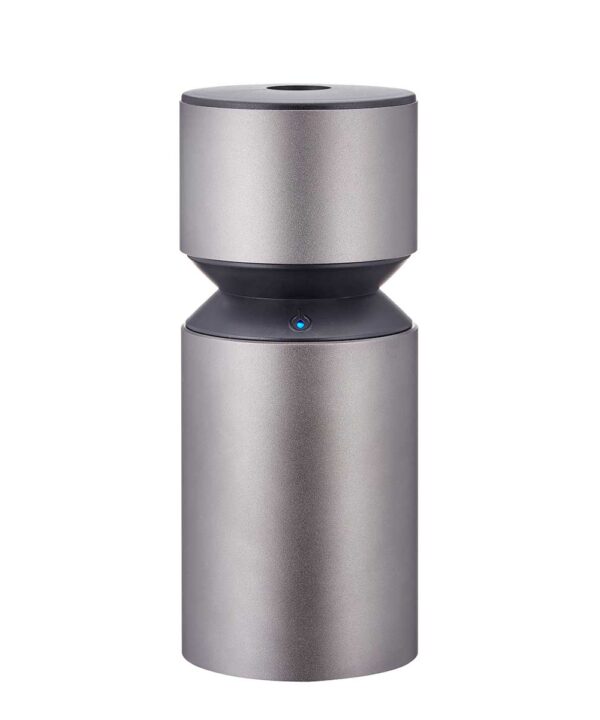
Frequently Asked Questions (FAQs)
What qualifications do I need to start training in aromatherapy?
Generally, a high school diploma is sufficient to enroll in most aromatherapy certification programs, although some may have additional prerequisites.
How long does it take to become certified in aromatherapy?
The duration varies by program, but typically ranges from a few months to over a year, depending on the depth of training and whether you study part-time or full-time.
What types of courses are included in aromatherapy certification programs?
Courses often cover topics like the fundamentals of essential oils, methods of application, anatomy, physiology, and blending techniques, among others.
Are there online courses available for aromatherapy certification?
Yes, many reputable institutions offer online certification courses, allowing flexibility for students from various geographic locations. Joyessence Aromatherapy Center is a great choice.
What costs are involved in becoming a certified aromatherapist?
Costs can range widely depending on the institution, length of the program, and whether the course is in-person or online. Additional expenses may include materials like essential oils and blending tools.

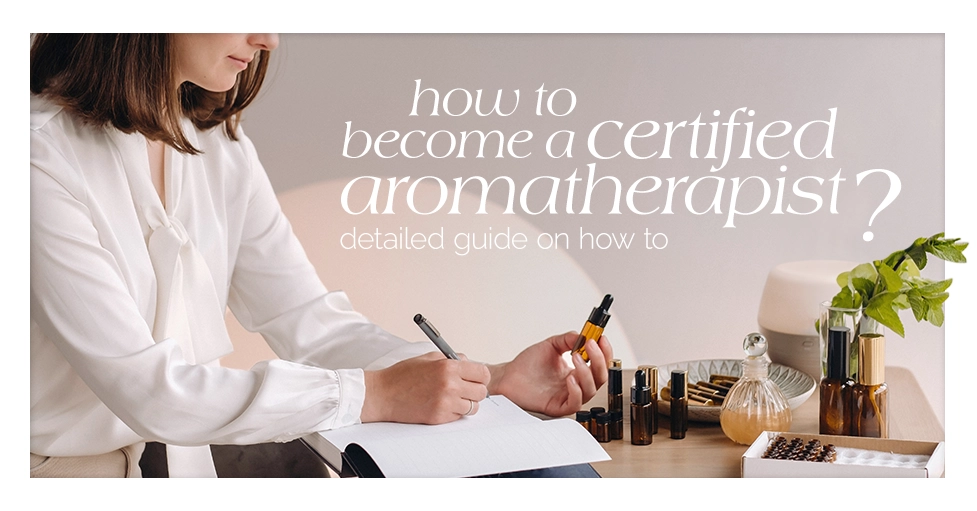
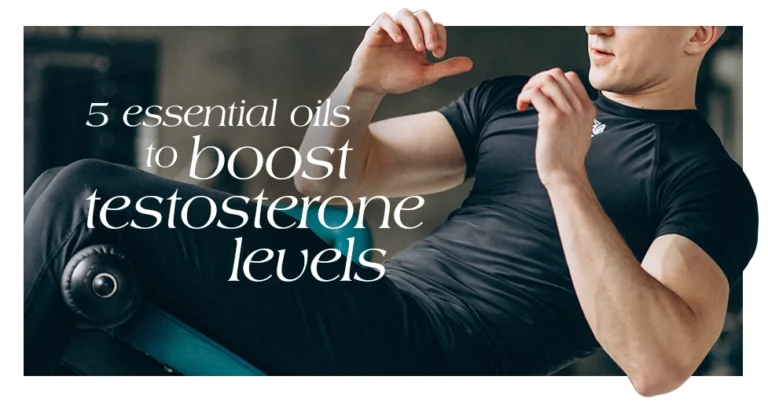
This is an excellent article.
Interesting and informative read. Thanks for the how to.
This would be a great adjunct to my RN license.
Wow it’s more complex than I thought
Good read, thank you
I had no idea
i didnt know you could get certified in this!
This would be such a calming lifestyle, I’m jealous of the zen! Not sure if I could hack it though personally 😆 x
Very interesting certification.
Wonderful!
Very Informative article I would love to be one
Very coold and based
It is impressive that you have to have 400 hours of training. I can’t imagine what the training entails.
awesome info, very great 🙂
Love learning about other health professions
Wow I had no idea this was what it took to be a Certified Aromatherapist!
Very interesting!
Sounds like a plan for me! Thanks for the informations.
Awesome article enjoyed every bit and learnt a lot. This’ll definitely help me on my journey ❤️❤️
Thank you for the information.
Interesting. I know nothing about aromatherapy but I can see how it could be beneficial to mind, body, and soul.
I would have to study the field a lot more to form an opinion on this, I am a show me kind of person.
Good to know that there is some training to do for that !
I’ve tried aroma’s but my sinuses have such a hard time with them. I guess I’m super sensitive or something. I usually get a headache or sneeze my head off LOL
Thanks these infos, very interesting
great info thanks
I never heard of such a training but it makes so much sense, particularly in the health care field, it would be a bonus to have to your practice for holistic health practices.
So much great information thank you!
Very interesting. They have certifications for everything these days.
Sounds good
Never knew about this!
This is very informative, and it actually sounds like it would be alot of fun. I would love to be so knowledgeable in aromatherapy!
Great article, I love the essential oils.
This was so interesting! Very enlightening too.
Wow imagine getting to work with and studying Essential Oils for a living, Dream Job.
Becoming an Aromatherapist sounds so, so interesting to me !!
this sounds like such a dream profession! 🙂
Now this is the type of stuff I want to learn in school! I wish they taught us this as an elective in college. Trust me, I’d have a Masters in it if they did! Thanks for sharing this! Great piece!
I like the background info.
I had considered studying aromatherapy many years ago but ended up choosing a different path. Still interested in it though.
Vert interesting article.
always a good read, well constructed!
Nice products.
sounds like a great program
Very interesting.
interesting – thanks
An Aromatherapist sounds like a fun and rewarding career.
Glad you’re getting the word out about how helpful and necessary these aromatherapy oils are.
So interesting! Thanks for sharing!
I have never heard of a certified aromatherapist. So interesting to read about this position.
Wow! I never knew there was so much involved in aromatherapy. Very interesting read.
I may need to enroll.
Great information, will make sure I speak to a educated aromatherapist
This is actually like, really cool.
Wow, I didn’t know all this
Thank you for the information
My aunt was an aromatherapist. I remember how her house used to give me this floaty feeling, kind of like how you feel when you’re on anaesthetic
i wasn’t interested about aromatherapy before reading this but now i am.
I never knew of this!
Love to learn more to add to my energy healing business
I never knew there were courses in this!
Great information
A very fulfilling occupation!
Thank you for sharing these great tips
Awesome
Interesting! definitely not for me. I am terrible at science and would have a hard time remembering all of the herbs and natural stuff and what they do
I’ve always thought of going into the Aromatherapy field!
I’ve always thought of going into the Aromatherapy field, this gave me some inspiration to-do-so!
more great info! thank you!
Neat! Before being informed by this article, I didn’t know that becoming a certified aromatherapist was a possibility!
Very interesting – thanks for sharing!
Great post – thanks for the hard work!
Good to know
Great information that I enjoyed.
Nice article on how to become an aromatherapist, thanks for the great info!
Thanks for the information.
I never knew there was such a thing as a certified Aromatherapist. Quite interesting.
thanks
There is so much to this! Interesting and cool!
Definitely some good advice and helpful info
Very interesting
Great information
This was such great info and interesting as well!
Awesome
Interesting
Great information
Very informative article.
Great information for people looking to get a start!
Thanks for the great information!
Lots of great info!
Thank you for another awesome read!
Lots of great info!
Information I did not know before
very interesting and a good read!
It was very interesting to learn about the history of aromatherapy!
very informative thanks for the tips
Lavender is so beneficial.
Good info
Awesome!
enjoyed this
Informative
Amazing! Thanks for the info!
thanks
great information thans
I like aromatherapy as much as the next person but I honestly think it’s too much effort to get a certification. I know I wouldn’t go out of my way to find someone that’s certified for advice
Thanks for the info
My town is too small to support this
Interested to know more about the job market in this field.
Interesting to know
I never knew being a certified aromatherapist was a thing.
I was unaware that being a certified aromatherapist is a career. Sounds like a very interesting occupation
Thanks for the info!
Lots of interesting information!
I didn’t realize there were courses for aromatherapy.
Thanks for sharing. Love all of the information
I didn’t know one could be certified. Interesting article!
Wow! I didn’t know there was a way to become certified
I had no idea that there were certified aromatherapists. It makes me more secure that if I needed one there was a lot of training involved.
I wasn’t aware of this. Thanks.
good info, I like this In order to become certified, one must have a thorough understanding of the chemistry of essential oils and the physiology of the human body. Aromatherapists use this knowledge to safely and effectively treat their clients with aromatic preparations
I didn’t know a person can be a certified Aromatherapist. Interesting article.
I’ve always had interest
Never heard of this before!
This would be a great home business for a stay at home parent.
I honestly never knew that certified aromatherapists existed. I think this could be a great addition to any holistic or naturopathic practice. The tide is turning in heathcare and I would love to see more healthcare practitioners work with aromatherapists in their practice. 400 hours of training is a LOT of knowledge to bring to the wellness space.
That would be such a great career path.
It’s good that there is something like this certification, especially since essential oils are a big thing now.
Great Article
intense training process!
Very interesting! Ty for sharing
I did not realize that you could be certified.
Thank you for the information.
Very interesting
Thanks for the great article!
This sounds like a great career! Thanks for the info!
Sounds like a fascinating career
Great article! Very informative!
Great article! So much information. I leaned a lot more than I knew before. Thank you!!
good to know
I’m hesitant to use aromatherapy because strong scents give me migraines.
good ideas !
Good information for those interested.
It sounds like an amazing role.
Prior to learning about Organic Aromas, following you guys on social media, and digging pretty deep into your blogs and any information I could get…I would have never imagined I’d find myself interested in essential oils on the level I am now and even moreso in learning more and eventually educating others on the many benefits of them! This really got my wheels turning, thank you!
Great information for people looking to get a start in this field!
Very informative! I had no idea this could be a profession.
I am super interested in this field. I had no idea that there were actual courses to take and a way to get certified.
What a interesting field to get into.
I would not want to be in this profession.
Some awesome advice!
Sweet ideas
Thank you for sharing this info.
I wonder if anyone is able to work at this full time or just as a side gig
Sounds interesting and worth looking into
This is so informative! Fabulous read 🙂
Thanks for all the info.
Shameless giveaway comment #2712
Quite informative! Thank you.
wow, what an intense training process!
great information!
Love it . I have always been fascinated about aromatherapy.
Good stuff. I didn’t know it’ll go through so long process to get certified.
Very convenient to have all of this info in one spot, thanks!
The historical context was really interesting!
Nice read, thanks!
Thanks for the info!
Awesome
Very good information for those who want to do this work!
Definitely interesting all the research you’ve done into this topic
Very informative!
thanks for all tips
Thanks for the info, i didn’t know some of this.
Good info, thank you
thank you
nice good job
only if the leaves arent green then
😁😁😁👍👍👍.oh wow..awesome
wow! that’s pretty interesting.
cool
I got lots of interesting information from blog. Well done!
Great information
Amazing !
very well written article. kudos to the author and to the content that it wrote.
very interesting article. thanks for writing it.
Interesting!
interesting read, thanks for writing this article
Fascinating! Great info!
Thanks for everything
Quite a detail explanation about aromatherapy. The history of it makes the article even more interesting.
Very informative article, thank you for sharing.
Thanks for the info
Really great info, thank you!
Very informative. Thanks for sharing!
interesting bit of history in the intro
I ain’t know that.
Great information.
Very interesting. Not something I’ve considered before.
Lots of great info. Natural and healthy products are always good.
Holistic wellness is important
thanks for the insight
Extensive info. Thanks.
interesting
If there is something I have learned from reading Organic Aromas blog all this time is that there is a LOT to learn about aromatherapy and its intricacies. I didn’t know what it takes to become a aromatherapist so this was a very interesting read. Thanks!
This is good info
That it very interesting to help people.
Essential oils have helped my anxiety and insomnia. I would love to learn more to address the depression and lack of motivation. Pharmaceuticals have helped but I’m still in a really bad place.
Thanks for the info!
Mogo
Thanks for the amazing tip!
I will consider taking the course.
400 HOURS OF TRAINING? That’s pretty nuts tbh but i guess all for a good cause 😛
Thank you for this data…
Thanks for the tips !! It help a lot !
Thanks for the tips !!
Sounds like something I could do on my spare time.
Thank you for the info 💐
thanks for great info!
Thanks for the tips!
i’ll consider doing this on my spare time
What a great tip. I’ll think about it. Thanks
ok
thanks for info
great!
Fantastic
Thanks for info. Health is very important
I would have loved to do this 20 years ago. So much information to learn.
This is actually something I’m interested in! I love helping people!
Thanks for the info
Learned lots from this. A lot easier than med school!
thanks for info
Wow I never knew so many steps to becoming an Aromatherapist, I enjoyed reading this.
Great natural and healthy products! 🙂
Always interesting articles,
WOW never dreamed so much involved in something that looks/sounds simple
Not for me!
Very Informative.
great info!!
Really extensive research went into this article… lots go into being an aromatherapist.. good to know.
Interesting and informative read. Thanks for the how to.
Interesting information!
I wish I could have become a Aromatherapist earlier in my life. Yes, it’s not too late yet. But until my finances are in better shape I will have to wait a little longer.
So much great info!
nice